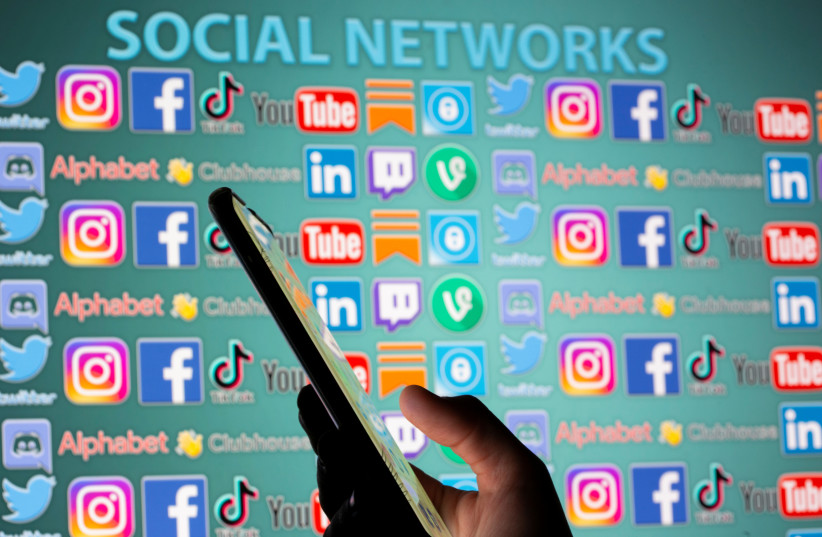A federal judge's order restricting Biden administration officials from contacting social media companies about moderating their content will face tough legal challenges on appeal, experts said.
Several legal scholars and attorneys said while the lawsuit challenging the administration's communications with social media companies raised real free speech concerns, there was no precedent to support the sweeping preliminary order issued Tuesday by US District Judge Terry Doughty in Louisiana that would sharply limit dozens of government agencies and officials' communications with social media companies.
The Biden administration on Wednesday filed a notice with the New Orleans-based 5th US Circuit Court of Appeals saying it was appealing the ruling.
The lawsuit was brought by Republican attorneys general in Louisiana and Missouri, as well as several individuals. The plaintiffs alleged that US officials violated their right to free speech under the First Amendment of the US Constitution by pressuring social media companies to take down posts that officials worried could fuel vaccine hesitancy during the COVID-19 pandemic or conspiracy theories about elections.
Jonathan Turley, a professor at George Washington University Law School who has been harshly critical of such government efforts and testified against them before Congress several times in recent years, hailed Doughty's ruling as a "very important moment for those of us who have been challenging the different censorship programs and projects by the government."

Nonetheless, he said, the injunction "will have a difficult time on appeal, because it is such a rare and novel order."
The order bars government agencies like the Department of Health and Human Services and certain government officials from communicating with social media companies for "the purpose of urging, encouraging, pressuring, or inducing in any manner the removal, deletion, suppression, or reduction of content containing protected free speech" under the First Amendment. The ruling is not a final decision but is meant to remain in effect while the judge considers the merits of the case.
On appeal, the 5th Circuit will consider both Doughty's finding, laid out in a 155-page opinion, that the government violated the First Amendment, as well as whether the order he issued in response was too broad, or necessary to prevent harm to the plaintiffs.
While the 5th Circuit is considered to be among the most conservative of the federal appeals courts, it has reversed previous orders by Doughty in the case that would have allowed senior administration officials to be questioned.
Threat of harm
The Biden administration has argued that there was no threat of harm because the lawsuit challenged communications that ended more than a year ago.
It also said that while it urged social media companies to stop the spread of dangerous misinformation, the companies themselves - including Facebook and Instagram parent Meta Platforms Inc, YouTube owner Alphabet Inc and Twitter Inc - ultimately made their own decisions.
Doughty, however, found that the companies were effectively coerced by the threat of retaliation by government regulators.
Meta declined to comment. Alphabet and Twitter did not immediately respond to requests for comment.
Jameel Jaffer, executive director of the Knight First Amendment Institute at Columbia University, said Doughty's opinion raises "difficult First Amendment questions," but it "doesn't really offer any principled way of separating legitimate government speech from illegitimate government coercion."
Instead, Jaffer said, Doughty had adopted an "I-know-it-when-I-see-it" approach, and that his far-reaching solution was much too broad.
Mark MacCarthy, a senior fellow at the Brookings Institution think tank who has studied technology and privacy issues, said the administration might prevail on its argument that the plaintiffs were no longer at risk of harm - though he said it was a "close call."
Burt Neuborne, a professor at New York University School of Law, was more skeptical of the free speech claims.
"I'm not aware of a single communication that conveys a threat or any form of either express or implied statement saying, You'd better do this, or else," he said. "This opinion seems to think that when the government talks to you it inevitably is frightening you."
Doughty, appointed by Republican former President Donald Trump, has ruled against President Joe Biden, a Democrat, in other cases, including an order blocking a COVID vaccine mandate for healthcare workers.
